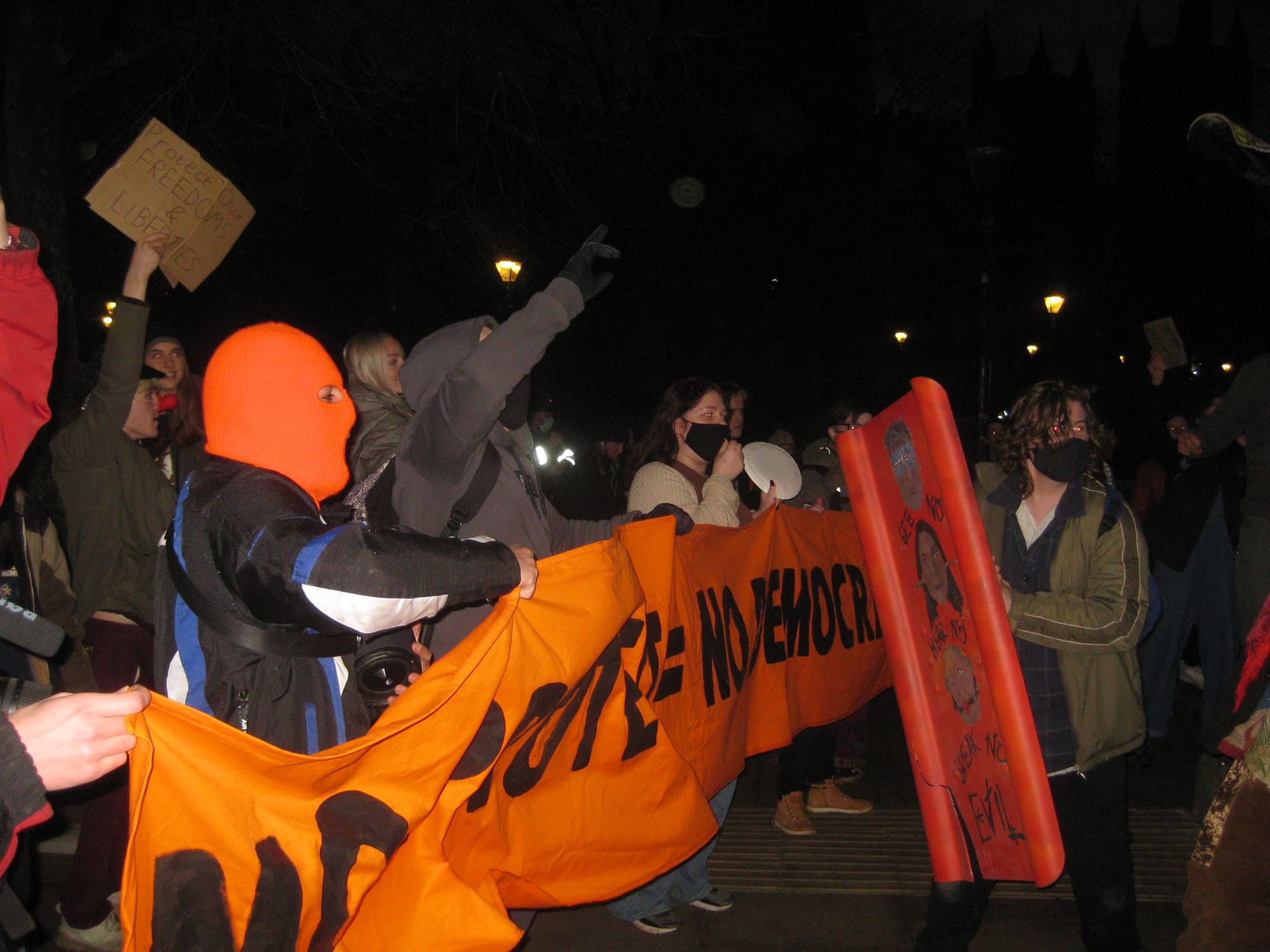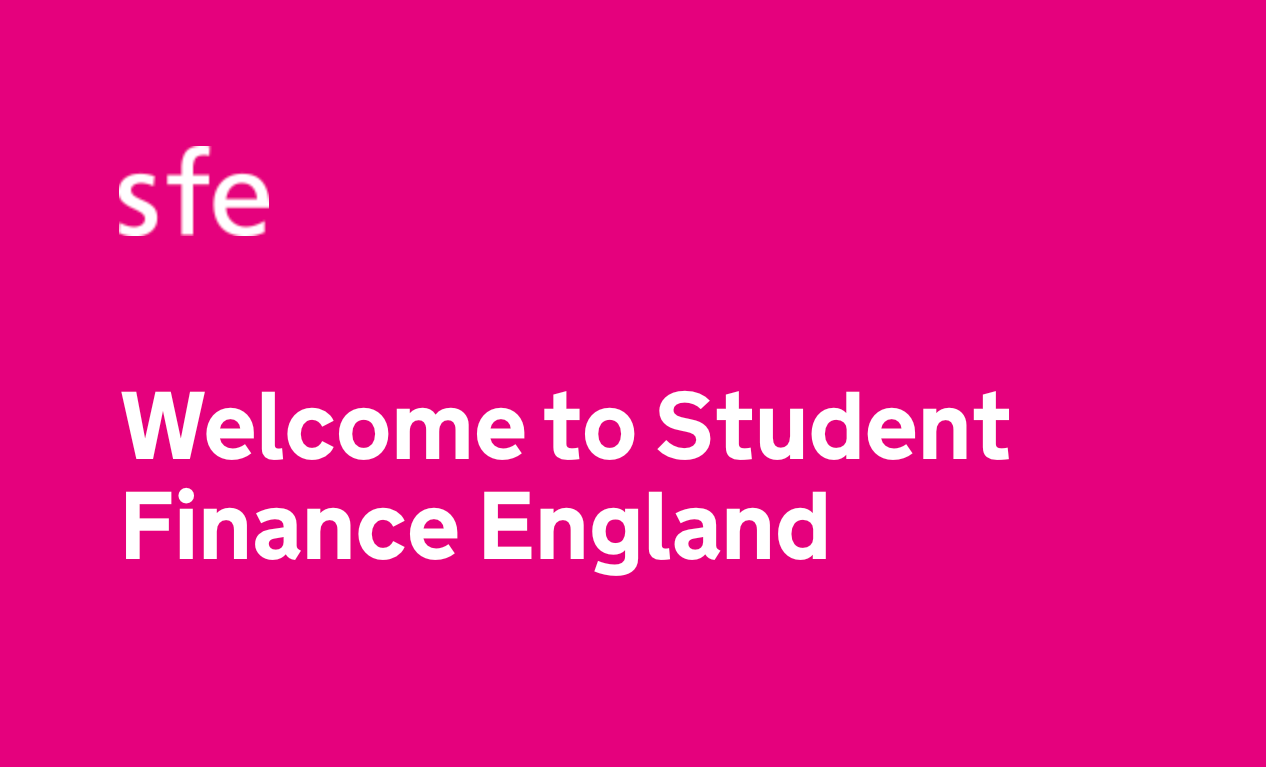By Izzy Fraser, Second Year, English Literature
Activism is embedded within Bristol's political history. The Queens square riots of 1831, the Bus Boycott of 1963 and, more recently, the toppling of Edward Colston's statue in 2020, are events which demonstrate how Bristol has long acted as a hub for resistance and counter-culture.
Epigram, in conversation with students from the University of Bristol, investigates how young people are continuing this legacy of activism.
In March 2022, Student Action Bristol (SAB) was created by a group of students who were involved in a rent strike and supported UCU strike action. Speaking to Epigram, a member of Student Action Bristol — who wished to remain anonymous — outlined the group's concerns and ambitions.
On what prompted the group’s formation, the member said: ‘Most of the people currently organising within SAB were not there at its conception [...] But I think that at the time a lot of students were very angry at both the university’s management of the Covid-19 pandemic and the response by the police from the Kill the Bill protests. It was natural for students to want to do something about this and find solidarity with each other through action.’
When asked about the values of SAB, the member said the group, among a wide variety of issues, was focused on ‘Anti-racism, anti-classism, decolonisation, disability inclusion and trans liberation’.
It was emphasised that SAB do not claim responsibility for the actions on their social media pages, as their role is to ‘Document and publicise radical student activity.’
While actions like the disruption of the Pro-life stall at the Welcome Fair in September 2023 have not been claimed by the group, they aim to bring a greater awareness to the problems of platforming a society they view to be involved in ‘The spread of anti-abortion values that seek to bio-politically control peoples bodies and their right to self-determination.’
Similarly, the group does not claim involvement in the two recent protests in Queen’s library and Senate House, where students voiced their support for Palestine.
However, the speaker did highlight how ‘Students were met with aggression by security, both times being told that protest is not allowed on Campus despite the fact that it is allowed in the Student Agreement. In the protest in the Queen’s library, after standing their ground by reciting their rights, students were able to stay in the library.’ They believe this shows that ‘Security acts merely on the behalf of university interests and get their way through intimidation.’
The official stance of the university is that peaceful protest is allowed on campus so long as it does not cause ‘Harm or damage to people or property.’
SAB perceive creating a sense of community to be their most notable achievement: ‘What I am most proud of is not a particular action but the group we have created. I feel a lot of love for everyone involved and in the values which bind us, allowing for an inclusive, safe space where vulnerability and care are priorities. I would not feel comfortable undertaking action if we had not cultivated this.’
Epigram also spoke to third-year student Zac Williams, who is current treasurer and former co-chair of the Bristol Young Greens — an official subset of the national party.
Involved with BYG since the start of his first year, Zac stated that BYG aim to enhance student knowledge surrounding issues that are important to the party.
BYG run and participate in a wide range of initiatives to spread student awareness about Carla Denyer — the co-leader of the Green Party — but also to fulfil the environmental goals of the party.
These include climate strikes, Q&A’s and even boozy litter picks. This being said, Zac highlighted that ‘We are green activists at our core, but we also stand for a wide, wide range of issues’.
When asked what form of activism has been most successful in helping the party to achieve their goals, Zac said that their highly attended events, with notable public speakers, allow the party to reach a wider audience and secure crucial votes in the next general election.
Illustrative of how the party is not solely focused on environmental issues, when asked about the tangible successes of BYG, Zac explained how — when he was co-chair — the group worked with Bristol Sex Workers Collective to keep their workplaces open.
In 2022 there was a motion put forward to the Bristol Council to shut SEV’s (sexual entertainment venues) in the city. After much debate and lobbying it was decided that they would stay open, preventing sex workers from being forced into more dangerous work in less regulated workspaces.
Zac recalled sending long emails the night before the vote, trying to sway two of their own councillors to vote against the motion in support of sex workers rights and safety. These efforts proved to be effective, as the motion was voted against by the council the following day.
One of the most important issues that face young people is the climate emergency. With our futures uncertain and the ability to change how governments act limited, students at the University of Bristol are moving towards collective action and protest to put pressure on key players.
'We are proving a point that we will fight for what we believe in'
Epigram spoke with student activist Charlie Siret, who is a member of Extinction Rebellion Youth Bristol (XRYB). Charlie explained that while other XR groups have similar goals, XRYB is ‘More youth orientated and climate justice orientated’.
Through their recent ‘Free Buses, Fair Buses campaign’, XRYB have argued for free bus travel within the West of England (including North Somerset) for all students, apprentices and individuals under the age of 25.
Discussing their methods, Charlie stated ‘We enact a wide variety of actions, from outreach to direct action blocking airport flyer buses, which culminated in an occupation and a march.’
The group have previously occupied the offices of the WECA (The West of England Combined Authority) to demand action on what they perceive as ‘Bristol and the West's broken bus system.’
Interviewed by Epigram on the day of the occupation, one of the protestors outlined their reasoning for occupying WECA's offices:
While Charlie said that it is difficult to prove direct influence, it was noted that the mayor of the WECA is now in discussion with the Manchester Council on the topic of franchise buses, another demand of XRYB. They claim franchise buses would allow local government to establish greater authority over their transport network: ‘In a a franchised bus network, local governments would decide routes, timetables, and fares.’
With evidence that shows that using buses halves your emissions in comparison to the use of personal cars, the improvements XRYB are fighting for within the public transport network would be a crucial victory in the fight for reducing our emissions.
When commenting on the difficulties XRYB faces in achieving its goals, Charlie explained that ‘It’s difficult, because a lot of the things we demand are deliberately aspirational. So, we don’t technically ever achieve our demands, but that doesn’t mean that we haven’t done what we set out to do.’
Even if XRYB faces challenges in directly influencing local policy, Charlie maintains their role is still needed to keep up ‘Community awareness about the diverse and varied impacts of climate change.’
This highlights the importance of student activism: even if protests, movements and demonstrations occur within a system that is difficult to change, people's understanding of key issues — and the solutions needed to tackle them — will be enhanced.
XRYB have been previously critical of the University of Bristol, most notably their response to the Kill the Bill protests in early 2021, which were formed in response to a proposed government crackdown on protest rights.
The official statement from the university was that it stood with the council in the ‘Disgust’ it had for protesters who ‘Turned a peaceful protest into a violent ending where police officers were injured, property damaged, and our city in the headlines for all the wrong reasons.’

This response, in their eyes, lacks serious consideration for the reality of those protests. As Charlie puts it, the university failed to acknowledge that ‘The police were the ones who instigated it and who were battering the attendees much more than any harm given to the police officers’. This claim is given weight by the government inquiry into the police's actions which found evidence of not only the excessive use of force, but also of the inability for the police force to distinguish from violent and peaceful protestors. This confusion lead to medics and legal observers being amongst the 62 people that were injured during the demonstrations.
Regarding student activism, Charlie said: ‘There’s groups out there for whatever you care about — there’s climate groups, there’s racial justice groups, there’s disability justice groups. Even if you just do some gardening, that is community building’
Destigmatising men's mental health | In conversation with The Grieving Pint
Homelessness: Investigating Bristol's ongoing crisis
In a similar vein, Zac highlighted how politically engaged young people are today. Emphasising the importance of being vocal about injustice, he said ‘We are proving a point that we will fight for what we believe in, and we aren’t going to achieve these goals without fighting for change’.
With a disillusioned younger generation and a government determined to create barriers — like limiting the right to protest — for individuals who want to engage in activism, it is clear to see why groups like SAB and XRYB are gaining such traction. The work of young people like Zac, Charlie and the members of student action Bristol emphasise the importance of collective action and prompt our current — and future — leaders to consider how we can make our society fairer and more equitable.
Featured Image: Epigram
What forms of activism do you believe to be the most effective in producing change?






